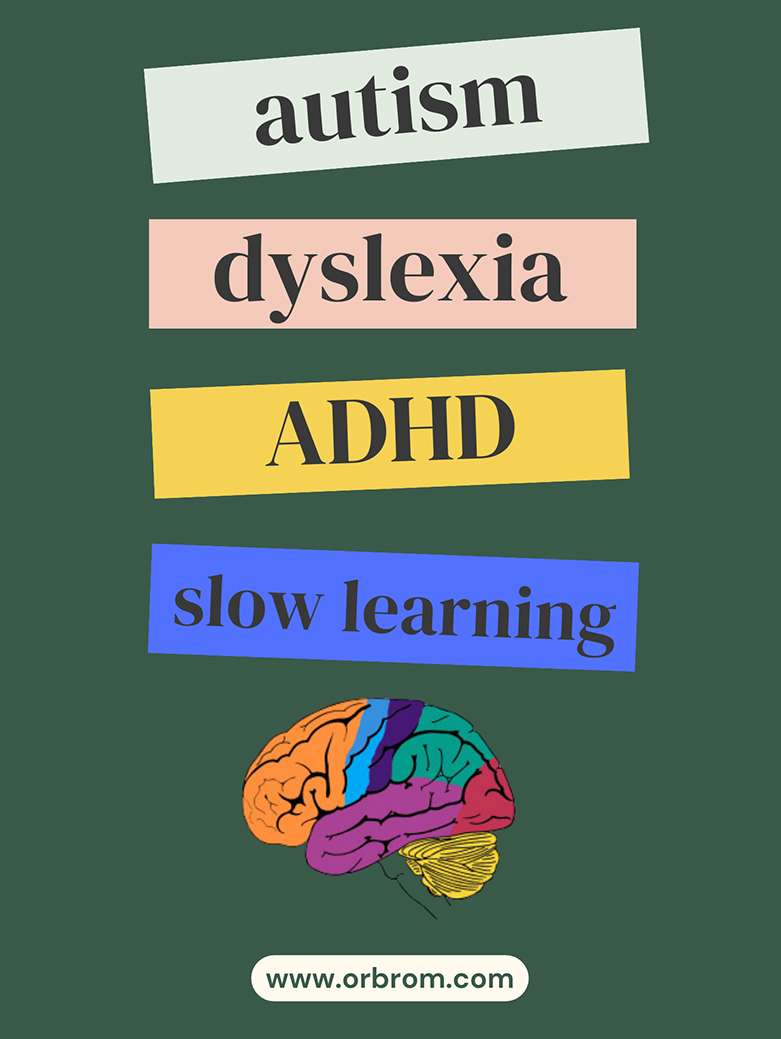Autism Spectrum Disorder (ASD) encompasses a range of neurodevelopmental conditions characterized by differences in social communication, sensory processing, and repetitive behaviors. While often portrayed as a singular entity, ASD exists as a spectrum, with individuals presenting varying degrees and combinations of these core characteristics. Understanding this diversity is crucial for fostering acceptance, inclusion, and effective support for autistic individuals.
Recent Research and Trends:
- Early Identification and Intervention: Early diagnosis and intervention remain critical for optimizing outcomes for autistic individuals. Research continues to explore new methods for early identification, such as analyzing eye-tracking patterns in infants, and refining intervention approaches tailored to individual needs.
- Sensory Processing Differences: Sensory sensitivity or hyposensitivity is a common feature of ASD. Recent studies shed light on the underlying neurobiological mechanisms of these differences, potentially paving the way for more targeted interventions and support strategies.
- Mental Health Comorbidities: Autistic individuals are at higher risk for experiencing anxiety, depression, and other mental health conditions. Research is exploring the complex interplay between ASD and mental health, leading to the development of effective co-occurring mental health interventions.
Challenges and Barriers:
- Misdiagnosis and Stigma: Despite increasing awareness, misdiagnosis and stigma remain significant hurdles for autistic individuals. Continued efforts are needed to educate healthcare professionals, promote accurate representation in media, and combat discriminatory attitudes.
- Access to Services and Support: Access to essential services, including specialized therapy, educational support, and employment opportunities, can be limited, particularly for individuals from underserved communities. Advocacy and policy changes are necessary to ensure equitable access to resources.
- Supporting the Autistic Community: Empowering autistic individuals through self-advocacy training and fostering inclusive environments are crucial for promoting self-determination and participation in all aspects of society.
Moving Forward: Embracing Neurodiversity:
A fundamental shift in perspective is needed to recognize and value the unique strengths and contributions of autistic individuals. Embracing neurodiversity, celebrating individual differences, and creating a more inclusive society are key to ensuring a brighter future for autistic individuals and their families.
Additional Resources:
- Autism Speaks: https://www.autismspeaks.org/
- National Autistic Society: https://www.autism.org.uk/
- The Autistic Self Advocacy Network: https://autisticadvocacy.org/
By staying informed about the latest research, addressing existing challenges, and promoting neurodiversity, we can create a world where individuals with ASD can thrive and reach their full potential.








Leave A Comment